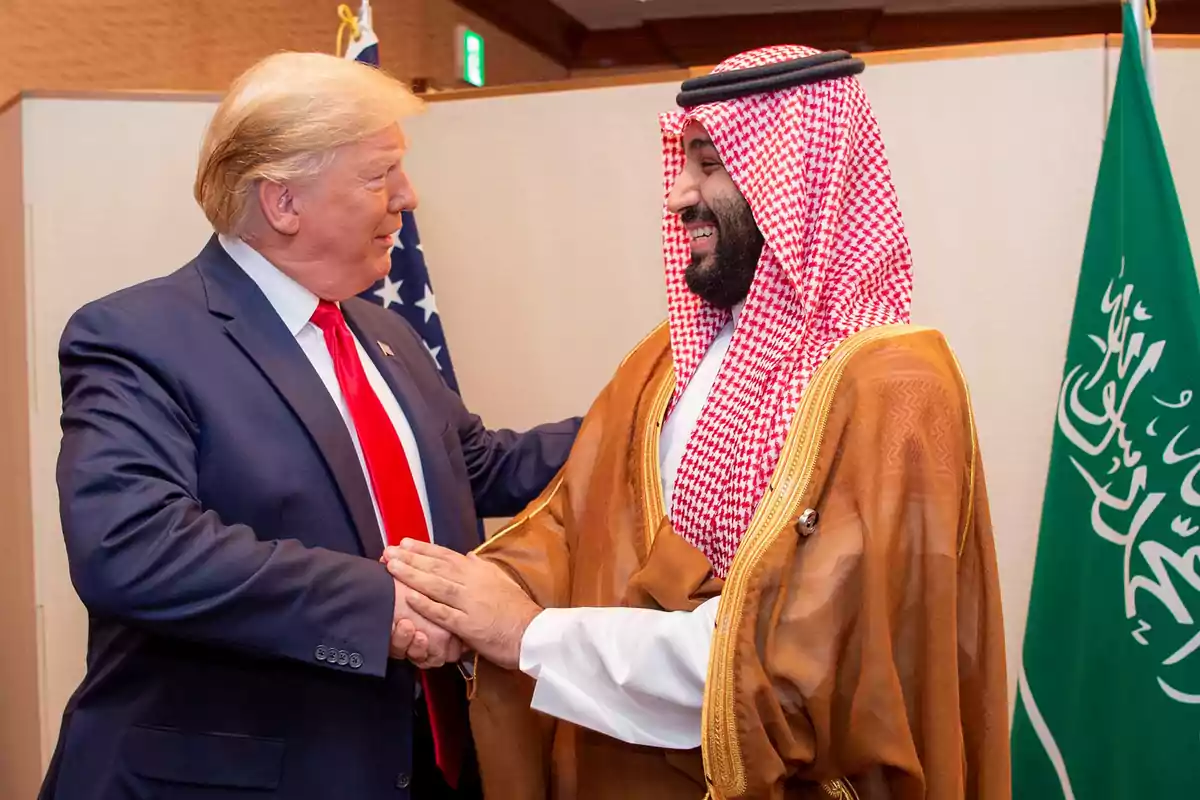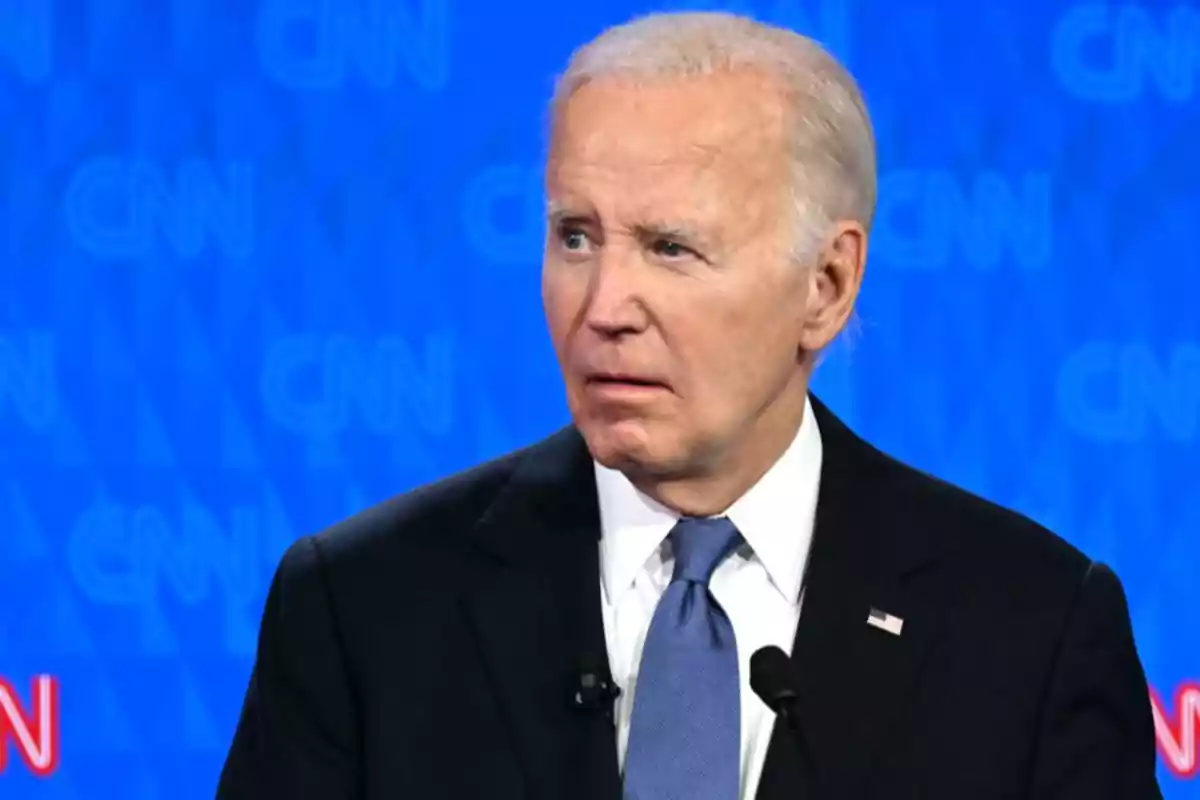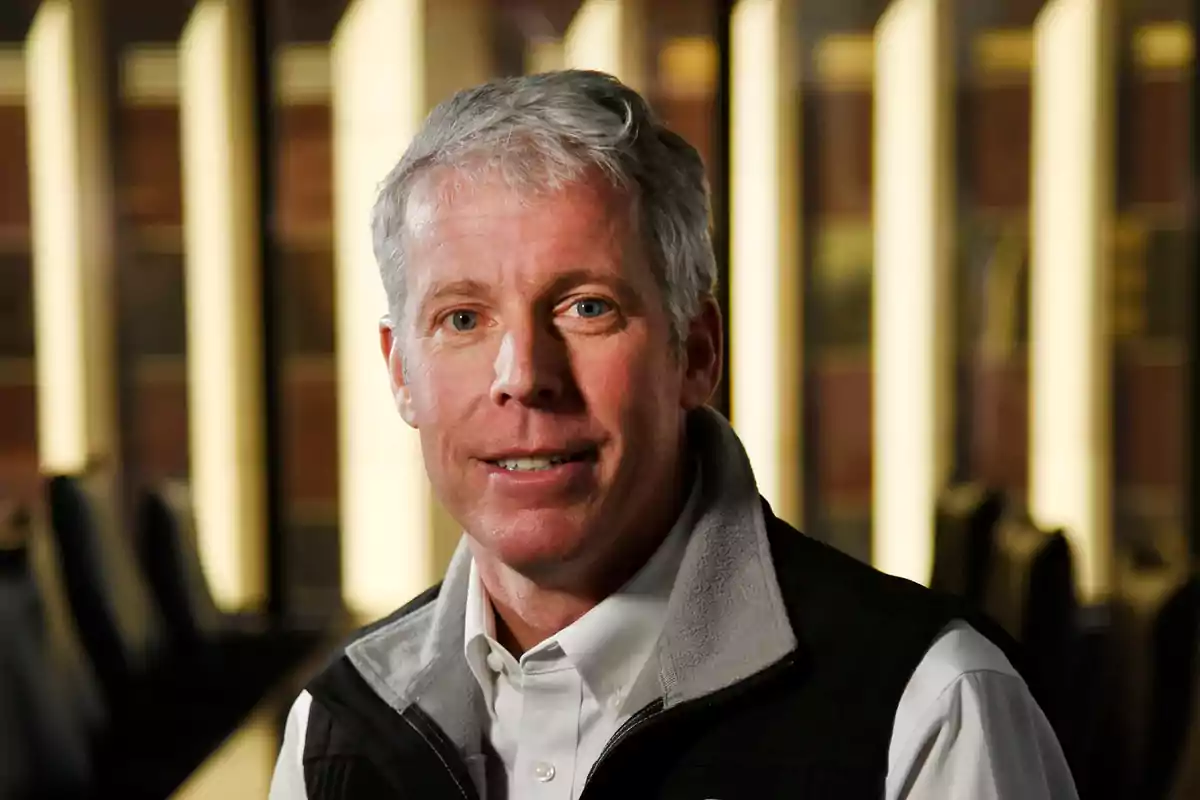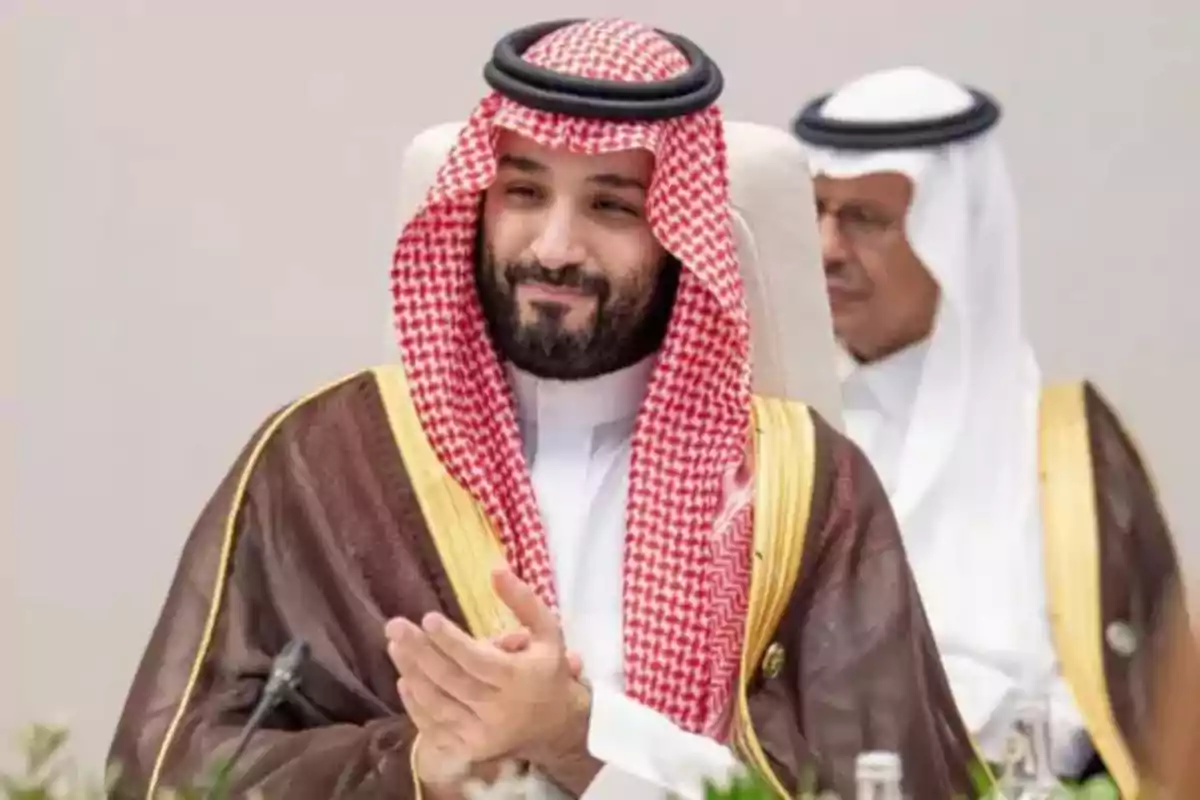
Trump removed a key demand from Saudi Arabia in nuclear energy talks
The President of the United States decided to remove the requirement for Saudi Arabia to normalize relations with Israel to continue nuclear security talks
The United States has decided to separate the discussions on civil nuclear cooperation with Saudi Arabia from the precondition that the kingdom normalizes diplomatic relations with Israel.
This decision marks a significant shift in U.S. policy from the previous administration of Joe Biden, which linked these issues in a broader agreement that included a defense treaty with Washington. The new stance is framed by the upcoming visit of President Donald Trump to Riyadh, scheduled for next week.
During Biden's tenure, nuclear talks with Saudi Arabiawere conditioned on the normalization of relations with Israel, an aspect that caused tensions due to the Saudi insistence that such normalization would only occur if a viable path to a Palestinian state was established.
This approach was further complicated by the outrage in the Arab world over the war in Gaza and the United States' nuclear non-proliferation concerns.

However, the Trump administration has chosen to separate these issues. U.S. Secretary of Energy, Chris Wright, indicated in April that both countries are on a ''path'' toward a civil nuclear agreement, although details have yet to be finalized.
A critical point in the negotiations is Section 123 of the U.S. Atomic Energy Act, which sets non-proliferation criteria for civil nuclear cooperation. Saudi Arabia has expressed its desire to enrich uranium and sell the product, which conflicts with the restrictions of this section.
A possible solution under discussion is a ''black box'' arrangement, where only U.S. personnel would have access to the uranium enrichment facilities on Saudi soil, a measure intended to mitigate proliferation concerns.

Saudi Arabia seeks to develop civil nuclear capabilities as part of its Vision 2030 to diversify its economy and reduce its dependence on oil. Nuclear energy could also contribute to water desalination and cooling.
However, Saudi reluctance to sign an agreement in accordance with Section 123 could lead it to consider alternatives with other countries like China, Russia, South Korea, or France.
Despite the separation of nuclear talks, the normalization of relations with Israel remains a priority for Saudi Arabia. Crown Prince Mohammed bin Salman has reiterated that the kingdom will not recognize Israel without a viable solution for the establishment of a Palestinian state.

Meanwhile, Israel has expressed its willingness to advance peace with Saudi Arabia, although significant differences persist over the status of Jerusalem and the creation of a Palestinian state.
During Trump's visit to Riyadh, substantial economic agreements are expected to be discussed, including an arms package worth more than USD 100 billion and a Saudi investment in the United States that could reach up to one billion dollars. These agreements could strengthen the ties between both countries, regardless of progress in normalization with Israel.
More posts: